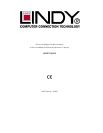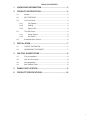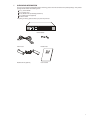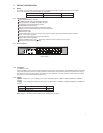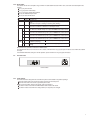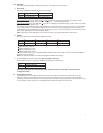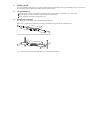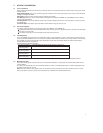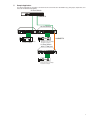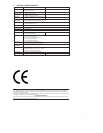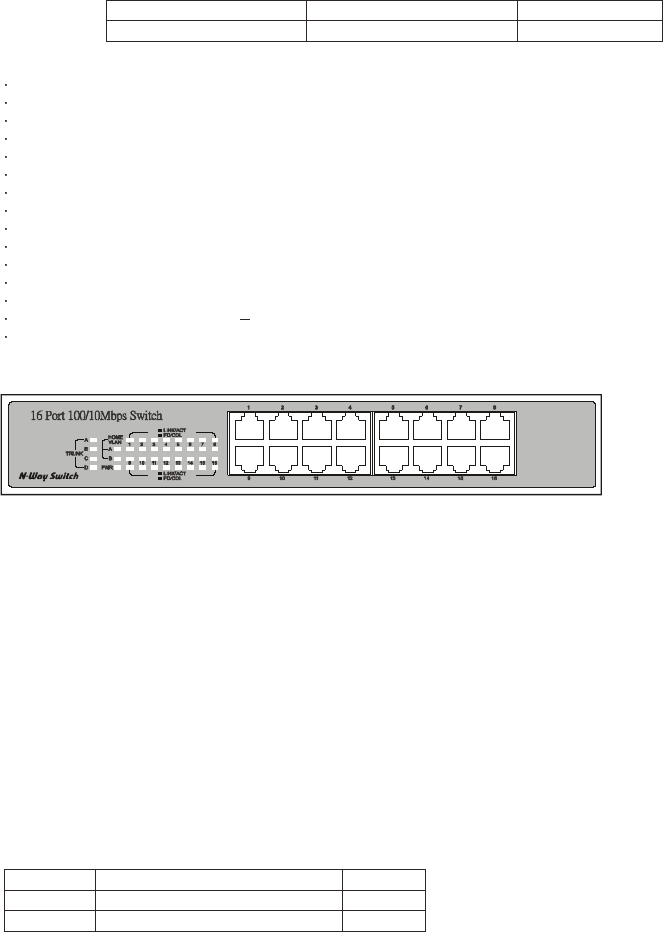
4
2 PRODUCT INTRODUCTION
2.1 Models
This Switch is a multi-speed, versatile network device combining both Copper and Fiber ports under the same hood.
The number and types of ports for this Switch are listed below.
Model 100BASE-TX / 10BASE-T port 100BASE-FX port
16-Port switch Sixteen (16) N/A
2.2 KEY FEATURES
Independent bandwidth for each port.
10/100Mbps TP ports with Auto-Negotiation supported.
Bridging capability for 100Mbps and 10Mbps segments.
Provides Store-and-Forward forwarding scheme.
Auto MDI/MDIX function supported.
IEEE 802.3x Flow-Control supported for Full-Duplex operation.
Back-Pressure Flow-Control supported for Half-Duplex operation.
4M bits Buffer Memory.
8K MAC Address Table.
Supports QoS function on each port, based on 802.1p/802.1q VLAN Tag priority and TCP/IP Header’s TOS/DS.
Four (4) Trunk groups supported.
Aging function supported, the aging time is about 300 sec.
Broadcast Storm control supported.
Supports Port-Based Home VLAN Allow home networks to share a common server or router.
Desktop size with rack mounting capability.
2.3 The Front Panel
16-Port Switch
2.3.1 Port Speeds
10/100Mbps TP ports
Each 10/100Mbps TP port provides an Auto-Negotiation function and an Auto-Crossover (Auto-MDI/MDIX) function that senses
for the attached device's maximum operating speed and automatically sets the Switch to operate at that speed. Each TP port
uses RJ-45 connector that allows network TP cables to be easily attached or removed. Users only need to connect a network
device into any TP port and the Switch will do the rest.
2.3.2 Cabling
10Mbps – Category 3, 4, or 5 TP cabling can be used for transmitting data at 10Mbps or 20Mbps bandwidth on 10BASE-T
networks.
100Mbps – Only Category 5 TP cabling can be used for transmitting data at 100Mbps or 200Mbps bandwidth on 100BASE-TX
networks.
Port Type Cable Type Connector
10BASE-T Category 3, 4 or 5 TP RJ-45
100BASE-TX Category 5 TP RJ-45
Note: Category 5 TP cable should be used whenever installing new TP cabling.



